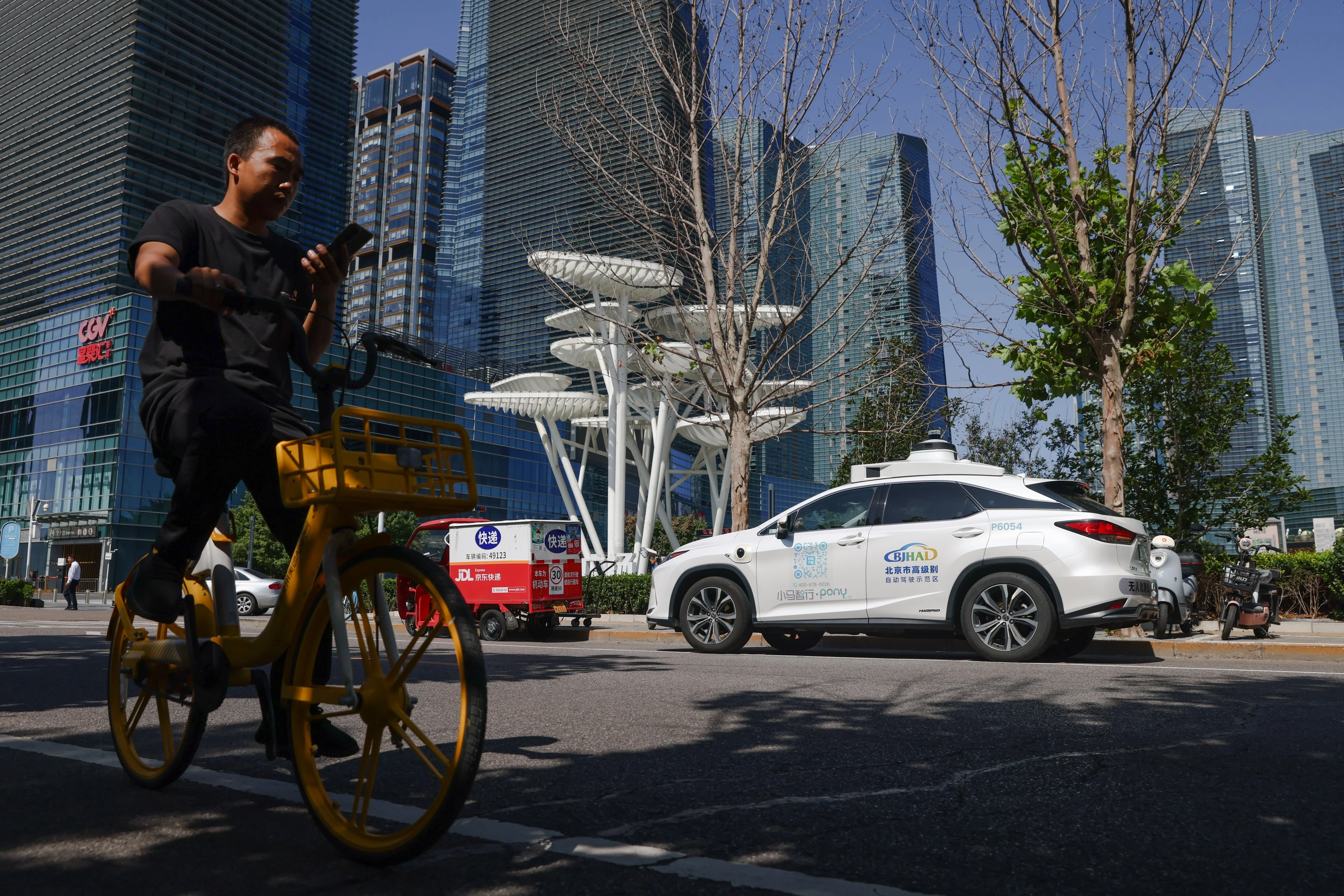By Daniel Ren
Copyright scmp

Pony.ai will deploy robotaxis in Singapore in the coming months, as the Chinese autonomous driving technology company takes a tentative step to expand into Southeast Asia’s mass transport market.
The Guangzhou-based company, one of mainland China’s top three robotaxi operators, said on Saturday that it would team up with Singapore’s taxi fleet operator ComfortDelGro to introduce autonomous mobility services to the city state “in the coming months”.
“By delivering safe, comfortable and efficient autonomous mobility services, we are committed to enhancing local residents’ daily commutes and advancing [Singapore’s] smart mobility vision,” Pony.ai’s founder and CEO James Peng said in a statement. “We see great potential in the local market as well as the broader Southeast Asian markets.”
The first robotaxis will be deployed on fixed routes in the Punggol residential district, a newly developed area in the northeastern corner of Singapore, Pony.ai said, without elaborating on the scale of its fleet.
The Singapore service is the second overseas foray in two weeks by Pony.ai, after the Chinese company’s partnership with the Qatari transport company Mowasalat (Karwa) to bring autonomous vehicles to the Middle Eastern nation’s roads. Pony.ai is also testing its vehicles in Dubai, South Korea and Luxembourg.
Next on the company’s plans is Hong Kong, where Pony.ai plans to launch a robotaxi service after clearing regulatory hurdles, the company’s chief financial officer, Leo Wang, said during a media event last month.
According to current -standards, robotaxis have Level 4 (L4) self-driving capabilities. That means they do not require human intervention under most circumstances, according to SAE Inter-national, a global standards body.
Pony.ai, WeRide and Baidu’s autonomous-driving business Apollo are the leading robotaxi operators in China. They operate dozens of driverless taxis in designated areas in several cities and charge fees that are as low as 10 per cent of the average ride at present.
The three companies are deemed by analysts and industry officials as China’s answer to US-based Waymo, the global leader in self-driving taxi services.
In July, WeRide started operating its fully driverless “robobuses” at Resorts World Sentosa in Singapore.
Apollo also plans to launch its robotaxi service in Singapore and Malaysia this year, according to a Bloomberg report in June.
Pony.ai was gearing up to mass produce driverless cabs to make its robotaxis widely available and more affordable, Lou Tiancheng, co-founder and chief technology officer, told the Post in an interview in July.
The robotaxi operator would partner with local carmakers GAC, BAIC and Toyota Motor in production and targeted a fleet of 1,000 robotaxis by the end of this year, Lou said.
Aside from Southeast Asia, Hong Kong and the Middle East, the company was also looking at South Korea and Europe as new revenue sources, he added.
China is likely to see 300,000 -driverless cabs operate in its four top-tier cities as early as 2030, buoyed by advancements in -AI and its highly competitive electric vehicle sector, according to UBS.
The number of robotaxis on the mainland was expected to jump to 4 million by the late 2030s, as more passengers were willing to embrace new technologies, Paul Gong, head of China automotive research at UBS, told a media briefing last month.



